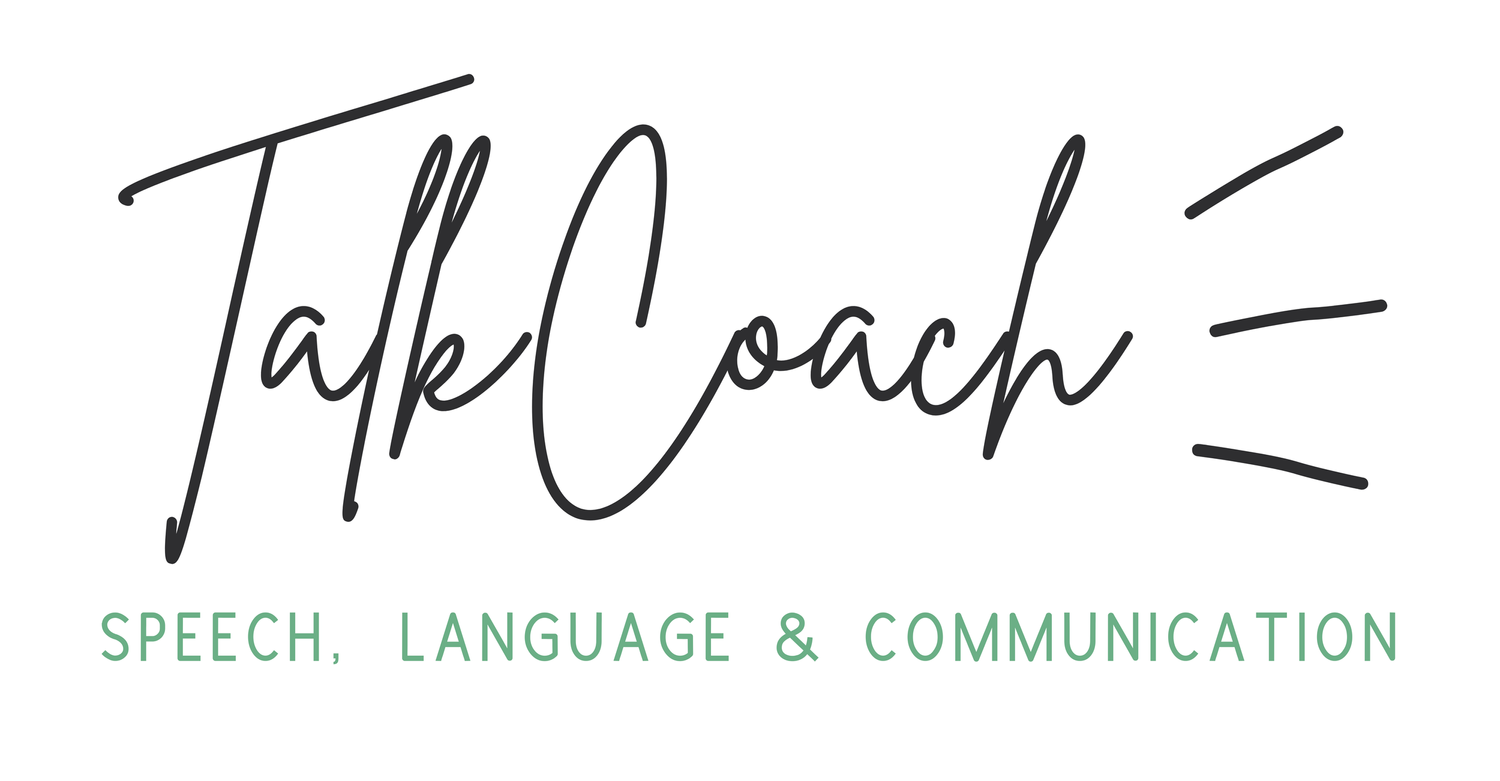Speech and Language Therapy and Coaching for the more ‘hidden’ cognitive and communication difficulties following Acquired Brain Injury
What is acquired brain injury (ABI)?
Acquired Brain Injury (ABI) refers to any damage to the brain that occurs after birth.
It often results from traumatic events such accidents, falls, stroke or infections. Unlike congenital or degenerative conditions,
ABI is sudden and unexpected, often leading to a wide range of physical, cognitive, and communicative impairments. These can have a huge impact on all areas of a person’s life.
Speech and Language Therapy for Acquired Brain Injury (ABI)
Speech and Language Therapists are uniquely skilled in supporting clients with acquired communication and swallowing difficulties following ABI.
These difficulties include:
Communication disorders: Caused by problems in the underlying systems needed for communication. Examples include:
Speech difficulties (dysarthria, dyspraxia, dysfluency)
Language difficulties (aphasia)
Voice difficulties (dysphonia)
Cognitive-communication disorders: These are problems with communication rooted in cognitive deficits, such as impaired attention, memory, organisation, reasoning, executive functions, self-regulation or processing speed.
Swallowing disorders: Difficulties with eating, drinking and swallowing.
The importance of seeking specialist support for cognitive and communication challenges following Acquired Brain Injury (ABI)
Communication is central to human life. Communication is at the heart of social participation, family interactions, vocational performance and academic success.
Specialised Speech and Language Therapy intervention helps an individual post-ABI to improve their quality of life, engage in more fulfilling and effective conversations and re-integrate into life in a way that is meaningful to them.
Whilst some communication difficulties, such as slurred speech or a stammer, can be more physically apparent; clients with ABI often experience more subtle difficulties that impact on their day-to-day functioning.
These ‘higher level’ or more hidden cognitive and communication difficulties can often be overlooked, meaning clients do not have access to the support they require.
Speech and Language Therapy assessment is important to identify any ‘hidden’ impairments that are impacting on a client’s day-to-day functioning.
These more ‘subtle’ cognitive-communication symptoms include:
difficulty paying attention to a conversation and staying on topic
difficulty remembering information or following directions
confabulation/difficulty giving information that is accurate
difficulty understanding jokes, metaphors or sarcasm
production of non-stop, rapid speech and frequently interrupting others
providing rambling explanations and switching to unrelated topics
producing inappropriate comments and/or behaving inappropriately
providing minimal responses when a detailed response is needed
The importance of Specialised Speech and Language Therapy Assessment
A comprehensive SLT assessment delves deep to reveal the more subtle cognitive-communication challenges that can be easily overlooked, yet have such a disabling effect on a person’s day-to-day functioning.
To understand the full impact of cognitive/communication difficulties on a client‘s life, assessment may include a detailed history; interviews with the individual and their family, standardised measures sensitive to cognitive-communication impairments and real-world contextual evaluations like observations, rating scales, and self-assessments.
The need for Specialised Speech and Language Therapy Intervention
Once these impairments are identified, intervention is tailored to focus on any area of communication depending on difficulties identified during assessment.
The ultimate goal of intervention is to increase the individual’s independence, participation, and competence in daily life communications. This may encompass home, work, friendships, social media, dating, and various other settings.
Intervention includes building a individual’s awareness into their symptoms, introducing practical strategies, enabling real-life application, and promoting collaboration with important people in the individual’s life.
Beyond identifying and treating, Speech and Language Therapy also delves into educating families, carers, and other professionals about these hidden impairments, ensuring a holistic, informed approach to rehabilitation.
My unique approach: Integrating Life Coaching into brain injury rehabilitation
As a qualified Life Coach, I weave coaching into my work as a Speech and Language Therapist (find out more about me and my training here).
Life Coaching helps people find a way forward from their current challenges to their desired outcomes. Rather than ‘telling’ you what to do, coaching empowers you to find your own solutions and way forward (see more about Life Coaching here).
This combined approach not only helps individuals to achieve their communication goals but also provides support for navigating towards a fulfilling and meaningful life post-ABI.
Adjusting to life post-ABI is undoubtably challenging. For many, even visualising a fulfilling future can feel impossible. I support people in this transition, ensuring that the long-term symptoms of their brain injury are acknowledged whilst working towards a future that is shaped by their aspirations, values and strengths. Together, we aim to build a life filled with purpose, joy and fulfilment.
I work with individuals post-ABI to enhance their self-awareness, confidence, and resilience. Coaching helps clients develop a positive mindset and empowers them to overcome challenges in various aspects of their lives. This approach is especially effective with clients with ‘higher level’ cognitive-communication difficulties or for those with an emotional or psychological component contributing to (or causing) their symptoms.
Conclusion
Clients with cognitive-communication challenges require a comprehensive, effective and person-centred approach that addresses not only physical communication challenges but also the more subtle cognitive and psychological symptoms that are prevalent after a brain injury.
If you, someone you know, or your client could benefit from my unique combination of Speech and Language Therapy and Life Coaching, I’d love to hear from you!



